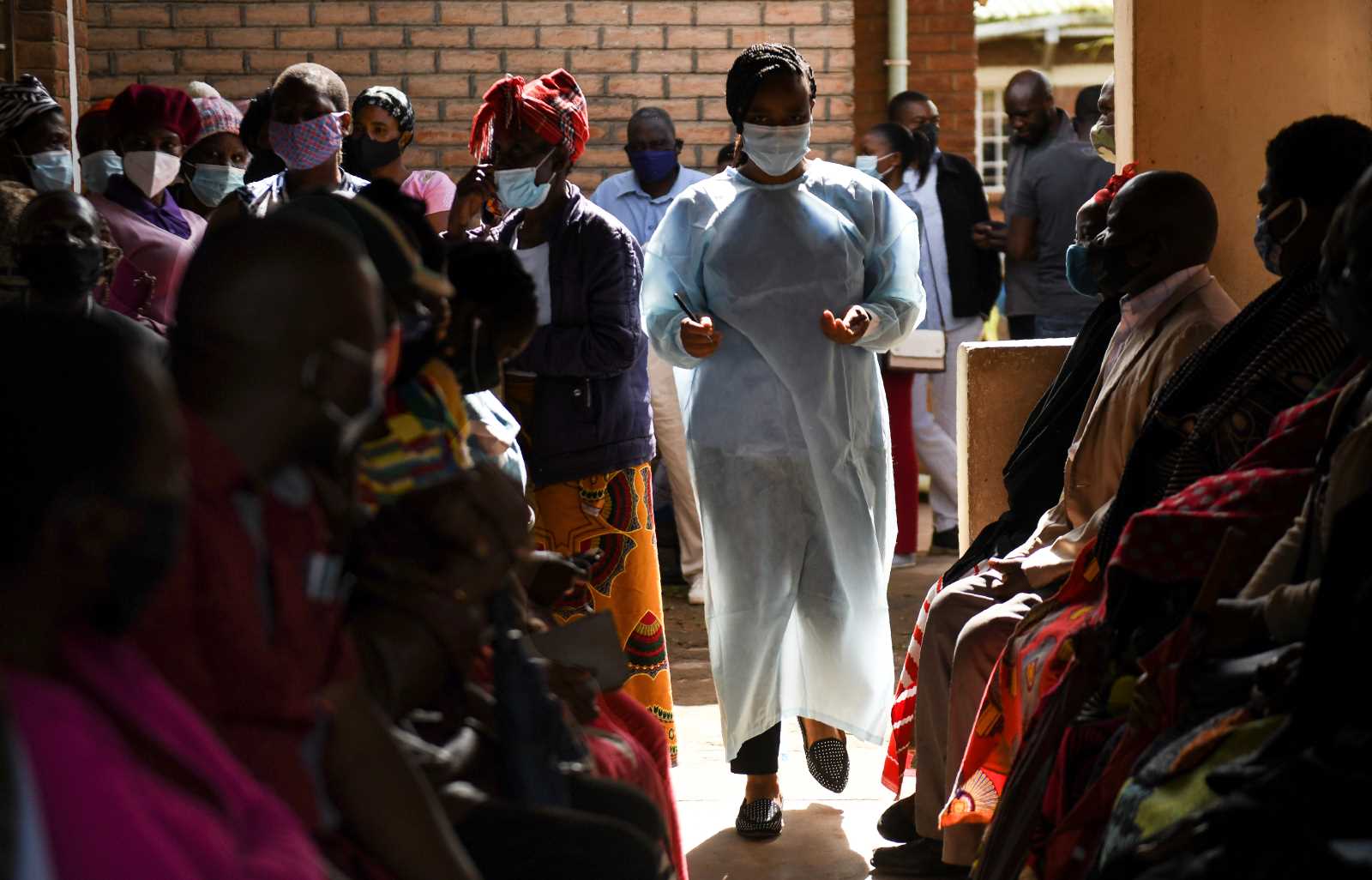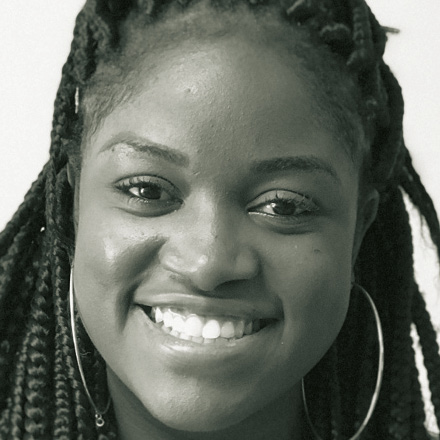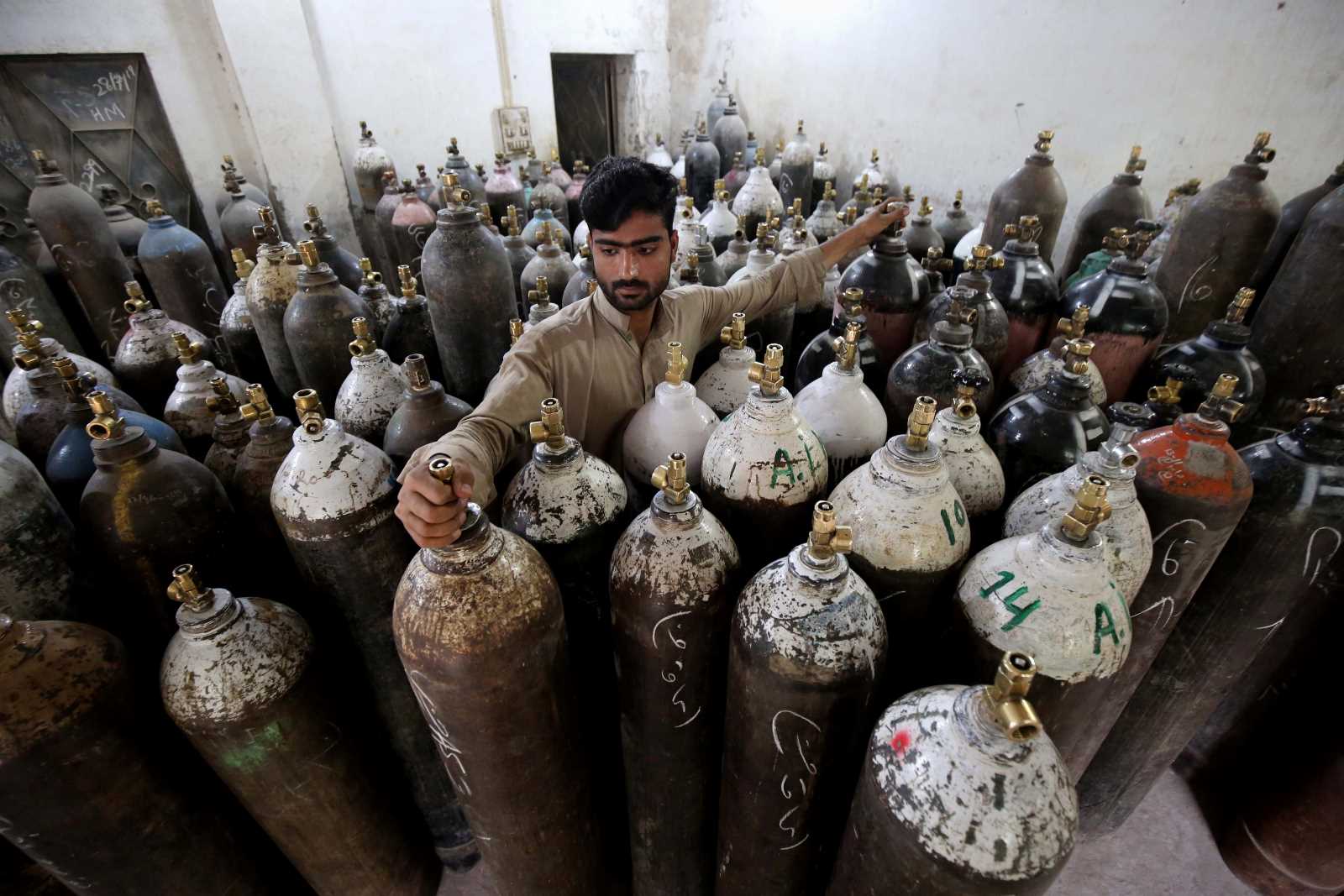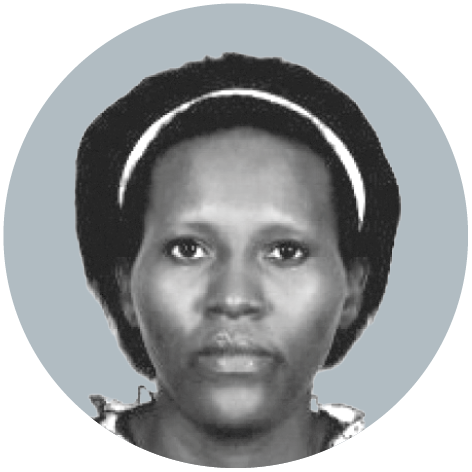Health care
Doctors go abroad
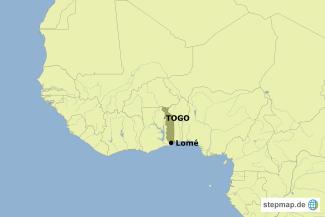
On average, there is only one doctor for every 5,000 people in sub-Saharan Africa. It is the most underprivileged area in the world in this sector, according to the World Health Organization (WHO). A global comparison reveals that in sub-Saharan Africa there are 40 times fewer doctors per capita than in Qatar, 35 times less than in Cuba and 26 times less than in Spain, according to the WHO. The density of doctors in Africa varies from country to country.
One reason for this medical vacuum is related to the education system. According to the Institute for the Study of Medical Schools in Sub-Saharan Africa, there are only 170 medical schools on the entire continent; 20 countries have only one medical school, and six have none at all. In addition, a significant proportion of health personnel trained in Africa migrate to Europe and North America for better jobs or better pay.
Osahon Enabulele, a former president of the Nigerian Medical Association, estimates that there are about 8,000 Nigerian doctors in the USA. In Nigeria, on the other hand, 35,000 medical doctors have to attend to a population of 190 million people. In France, there are more Togolese medical doctors than there are in Togo, according to Kokou Adambounou of the CHU Campus Lomé hospital. “60 % of Togolese doctors practice in France,” he says, adding that these emigrated doctors could help their colleagues in Togo via telemedicine. “The skills and infrastructure exist. It lacks the political will. Health authorities must invest in telemedicine,” he insists.
There is a mismatch between training and employment opportunities in Africa. According to the Yearbook of Health Statistics of Togo 2016, there are 347 doctors, including 251 specialists and 91 general practitioners, 31 health psychologists and 13 health personnel training institutions for a population of more than 7 million.
“Unfortunately, African educators continue to train too many sociologists, philosophers or lawyers at the universities. When they have their master, they have to drive motorcycle taxis to make a living,” claims the Togolese Didier Acouetey, president of the consulting firm AfricSearch.
According to the International Monetary Fund (IMF) Africa spends about $ 4 billion per year to pay foreign experts who offer their skills to relieve the brain drain of the continent, which undermines the economic and social development of the affected countries.
Ibrahim Oredola Falola is a journalist and lives in Lomé, Togo.
ibfall2007@yahoo.co.uk


